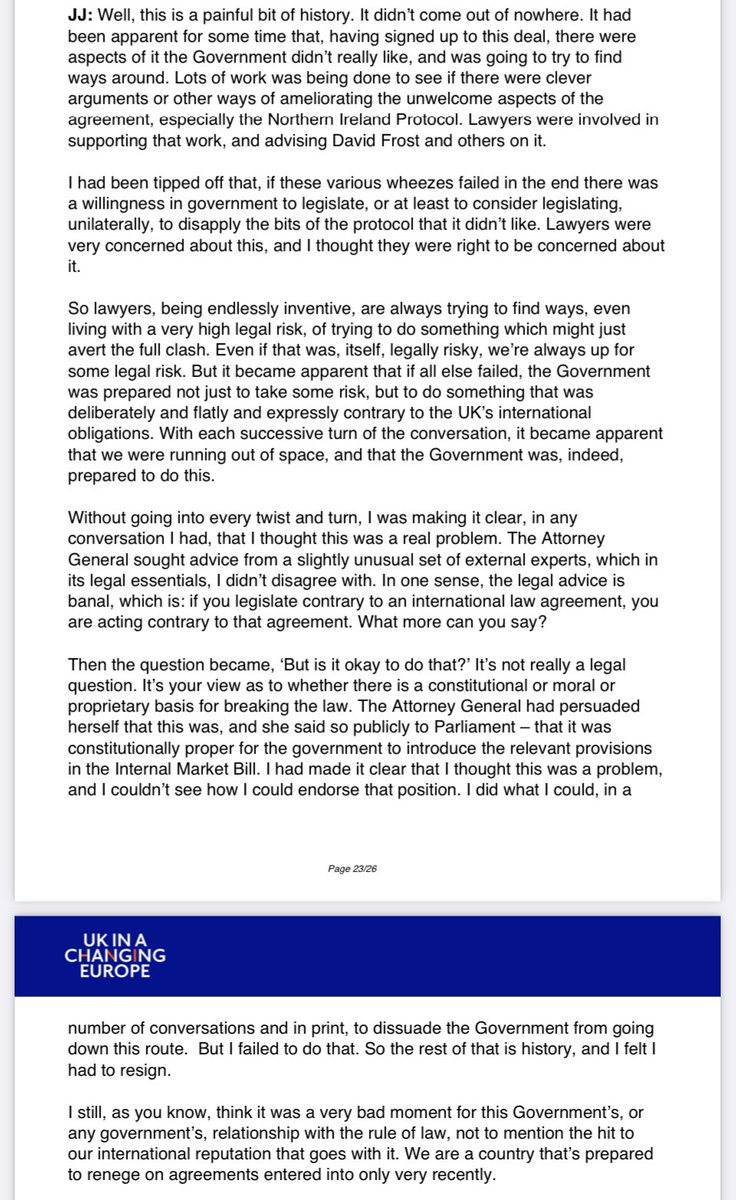
An example of the line between classical liberalism and Toryism being quite blurry.
https://twitter.com/_helendale/status/1402560985592963072
To back up that point: consistent classical liberalism - eg Nozick - recognises that there is little or no justification for existing structures of wealth, property, and power. They are not products of voluntary transfer and exchange.
But faced with that problem, the classical liberal approach is typically to ignore or forget about it - at least in practice.
In the end, what is important (at least in practice) is maintaining the existing structure of property rights and power. The overlap with Toryism becomes plain.
That reluctance to confront existing structures of wealth and power also shows itself in classical liberal approaches to free speech. Lots of interest in the right of anyone with a megaphone to use it as they like: less interest in who has the megaphone and why they have it.
And also much less interest - verging on hostility - to anyone protesting against the way in which those with a megaphone use their speech. See @SpeechUnion for an example.
A less Tory, but authentically liberal (and also social democratic) approach is to recognise property rights (important for all of our daily security) but also to be prepared to balance them against other pressing concerns - like distributing power more fairly and widely.
And on free speech to balance the right to say what you want against the rights of others to protest the way in which you choose to use it, and also to ensure that those with a megaphone can’t use it to drown out those who don’t have one.
(Recognising that getting that balance right is often hard.)
PS Helen is far too interesting and reflective a writer to be pigeonholed neatly: do follow her for challenging views (which I usually disagree with but sometimes do agree with).
PPS do Helen’s quiz. I came out (to my relief) as a Leveller. And she’s right that the English Revolution/ War of Three Kingdoms (note terminology) is highly relevant, critical to our history, and far too little remembered/taught.
• • •
Missing some Tweet in this thread? You can try to
force a refresh











